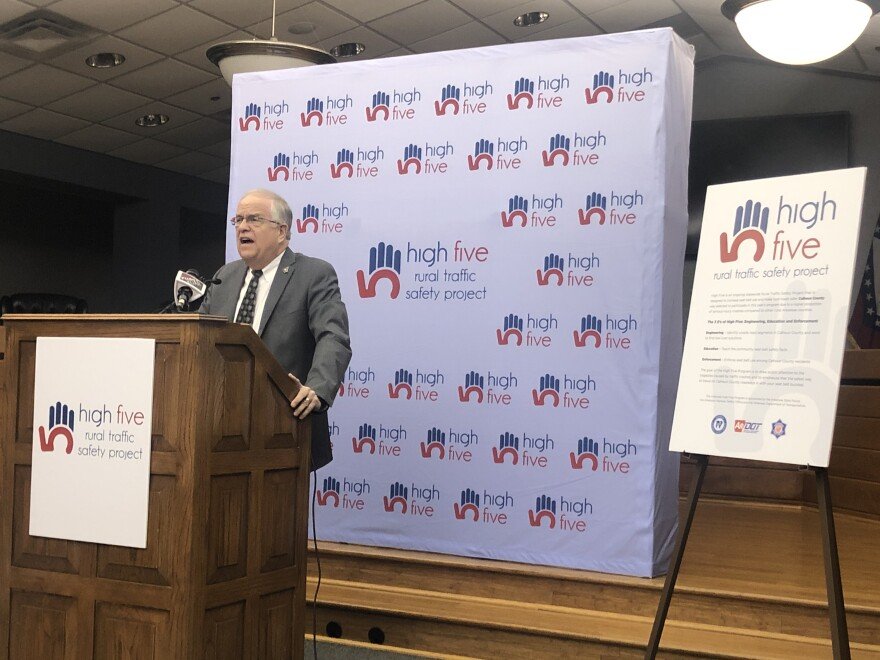Washington, DC—March 26, 2025…Today, House Appropriations Transportation, Housing and Urban Development (THUD) Subcommittee Chairman Steve Womack (AR-3) held his first public hearing of the 119th Congress to conduct oversight of the National Transportation Safety Board (NTSB). NTSB Chair Jennifer Homendy was the witness, appearing for the first time before Congress since the tragic mid-air collision at Ronald Reagan Washington National Airport (DCA) in January. Today is also the one-year anniversary of the catastrophic collapse of Baltimore’s Francis Scott Key Bridge.
THUD Chairman Womack delivered the following remarks during the hearing, “Safety is a top priority for this subcommittee in our work to fund the nation’s transportation network. It is our duty to ensure we provide appropriate levels of support to transportation programs that ensure the safety of our skies, roads, and railroads.
“It is also our duty on this committee to support the operations of the National Transportation Safety Board. This critical, independent safety watchdog helps ensure our world-class transportation system is as safe as possible, identifying the ‘how’ and ‘why’ of some of our most tragic accidents and puzzling events in civil transportation.”
House Appropriations Committee Chairman Cole delivered the following remarks during the hearing, “When you get on a plane, drive over a bridge, or board a train – you shouldn’t have to wonder if you’ll make it to your destination safely. The mission of Chair Homendy and her team at the National Transportation Safety Board is essential to that point. They investigate why an accident occurred and identify measures to prevent it from happening again. They don’t speculate – they find the facts necessary to uphold the highest standards of reliability and safety.
“As we begin the FY26 appropriations process, I look forward to working with my colleagues on both sides of the aisle to responsibly fund the critical safety missions and transportation infrastructure needs of this country.”
Congressman Womack’s full remarks as prepared are available here.
A video of Congressman Womack’s questions for Chair Homendy can be found here.
A full recording of the hearing is available here.
A video of Congressman Womack’s opening remarks is below.



